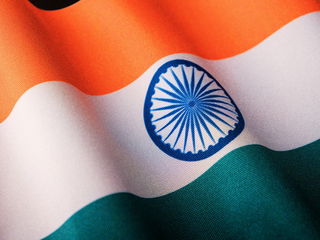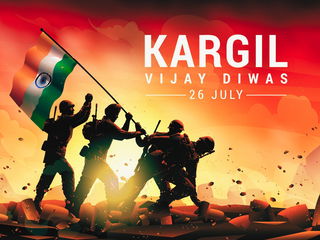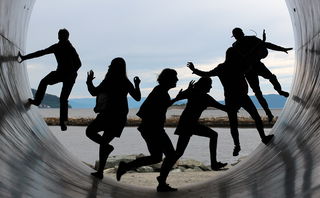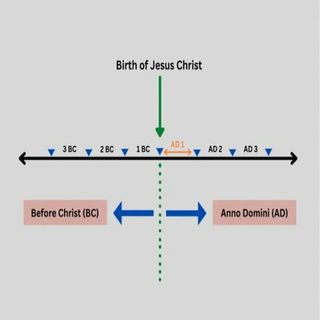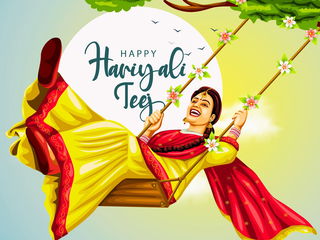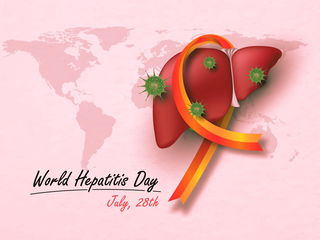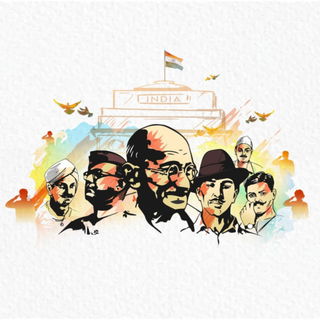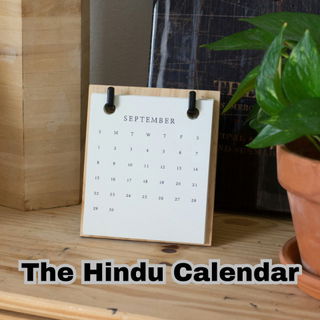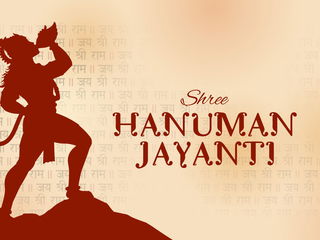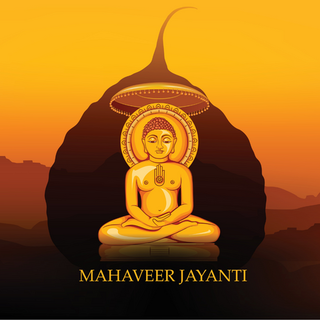- Calendar
- Calendar 2025
- October
- Holiday Gandhi Jayanti
Gandhi Jayanti
Holiday
On October 2nd, people across the country gather around to honor and pay tribute to the Father of the Nation, Mahatma Gandhi by celebrating Gandhi Jayanti.
The birth anniversary of the leader of India's non-violent independent movement is a public holiday and all institutions and businesses remain closed on this day.
His birthday is chosen to honor his legacy and everything he stood for including truth, social justice, and ahimsa.
Mahatma Gandhi's principle of ahimsa and his contribution to India's freedom movement has earned him recognition across the globe.
As a result, the United Nations General Assembly announced October 2nd as the International Day of Non-Violence in 2007.
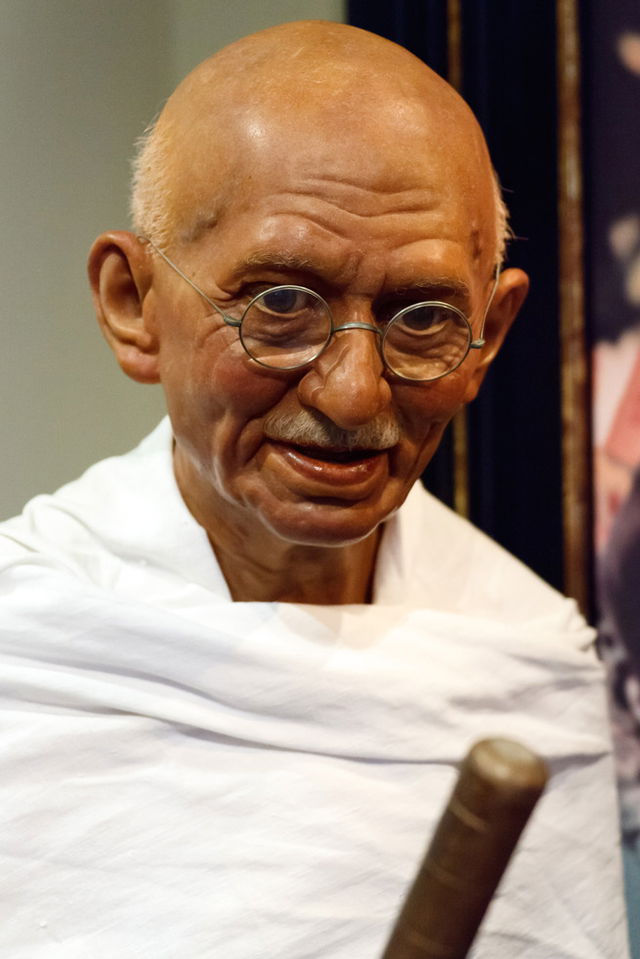
History of The Day
The origin of the undying importance of Gandhi Jayanti in the history of India and its culture roots back to the Indian government's decision.
The first Prime Minister of India, Pandit Jawaharlal Nehru first proposed the idea of observing Gandhi Jayanti during a meeting of the All India Congress Committee in 1947.
Following the country's independence from British colonial rule in 1947, everyone wanted to pay homage to Gandhi and his contributions to the movement through ahimsa.
The first observation of Gandhi Jayanti took place in 1947 and the government also declared October 2nd as a public holiday all over the country.
The Story of Mahatma Gandhi
Mahatma Gandhi's birth name is Mohandas Karamchand Gandhi and he was born on October 2nd, 1869, in the coastal town of Porbandar, Gujarat.
He went on to become a lawyer who trained in London and at the age of 22, he was called to the bar in 1891. Even with an enrollment in the High Court, he returned to India to practice law and have a career here.
Unfortunately, with little to no luck with his career in India after two years, he moved to South Africa and lived there for 21 years where he first implemented his nonviolent resistance in a civil rights campaign.
Gandhiji returned to India in 1915 at the age of 45 and encouraged farmers, peasants, and other laborers to stand up against abnormal land taxes and discrimination.
On January 30th, 1948, at 5:17 pm, on his way to a prayer meeting, he was in the garden of Birla House with his grandnieces. Nathuram Godse, a Hindu nationalist, assassinated Gandhi at that time by firing three close-range shots into his chest.
Gandhiji's Fight For India's Independence
At the request of Gopal Krishna Gokhale, Gandhi returned to India in 1915 and this marked the beginning of a chapter that changed the history of India forever.
He garnered quite a lot of reputation internationally as a renowned Indian Nationalist, a profound theorist, and a community organizer before coming back.
After coming back to India, Gandhi joined the Indian National Congress, an association that soon became the ace in the fight for Indian Independence.
Gokhale introduced the complexities of Indian policies, the issues, and the diversity in the population first to Gandhi.
Gandhi was mentored by Gokhale who was known for his commitment to work within the existing political system.
Gokhale's liberal principles that were rooted in British Whiggish traditions were adapted by Gandhi to resonate with the Indian populace.
Gandhi soon became the leader of the Indian National Congress in 1920 and embarked on the invigorating journey of unique demands to gain independence for our country.
As a result, on January 26, 1930, the Indian National Congress declared India's independence. But, the Britishers weren't happy with the announcement and did not accept the fact.
However, after a few negotiations and adjustments, the Congress started actively participating in the provincial government during the late 1930s.
Tensions soon arose when the Viceroy declared war on Germany in 1939 without consulting Congress during the Second World War which led Gandhi and the party to withdraw their support and demand immediate freedom by 1942.
This caused the imprisonment of Gandhi and the detention of other Congress leaders by the British.
During this time, the Muslim League started cooperating with the British going behind Gandhi's back, and pushed for the creation of a new separate Muslim State, now known as Pakistan.
Ultimately, the British partitioned India in 1947 and withdrew their rule from both India and Pakistan with terms that were strongly against Gandhi's morals.
Gandhi's intriguing role during the Second World War added a few layers to his commitment to nonviolence and caused conflicts between the masses.
Gandhi also consented to recruiting Indians for the efforts of the war, which was a transformation from his previous approach
In a pamphlet named "Appeal for Enlistment", he encouraged Indians to grab arms and join the army. However, he stood by his principles of ahimsa or nonviolence and claimed that he would not harm any friend or foe via physical means.
This recruitment movement pointed many fingers at him raising several questions about his beliefs and principles. Unfortunately, we don't have any answers and, the topic is still being debated to date.
The Commemoration of Gandhi Jayanti
On this day, people across the country come together to take part in different activities and events to pay their tributes to Gandhi.
On this day, people across India participate in various events and activities to remember and pay homage to the great leader
Many followers visit Gandhi's memorial in Raj Ghat, New Delhi to pay their respects and participate in the bhajans, and prayer services are held at the memorials.
Cleanliness drives, blood donation camps, and promoting other social causes are a few of the many common activities on this day.
Various cultural events, including plays, documentaries, and exhibitions, are organized to highlight Gandhi's life and the values he stood for
Many individuals and groups take pledges to follow the path of non-violence and truth in their lives.
Gandhi Jayanti is not just a day to remember a historical figure; it's a day to reflect on the timeless principles of truth, non-violence, and social justice.
Mahatma Gandhi's legacy continues to inspire individuals and movements around the world, emphasizing the power of peaceful resistance and the pursuit of justice.
On Gandhi Jayanti, we not only honor the Father of the Nation but also reaffirm our commitment to his ideals, striving to build a better, more compassionate world for future generations.
Some Quick Facts About Gandhi
- Nobel Laureate, Rabindranath Tagore, is said to have given him the title of 'Mahatma' in 1915.
- The blood-stained clothes that he was wearing at the time of his assassination are displayed in the Gandhi Museum in Madurai, Tamil Nadu.
- Gandhi also served in the army in South Africa during the Boer War.
- He was announced 'Man of the Year' by Times Magazine in 1930.
- Two of the biggest movements in the history of India's Independence were led by him- The Dandi March in 1930 and The Quit India Movement in 1942.
- Britain released a stamp to honor him after 21 years of his death.
- The funeral process of Mahatma Gandhi was 8 kilometers long.
What to Read Next
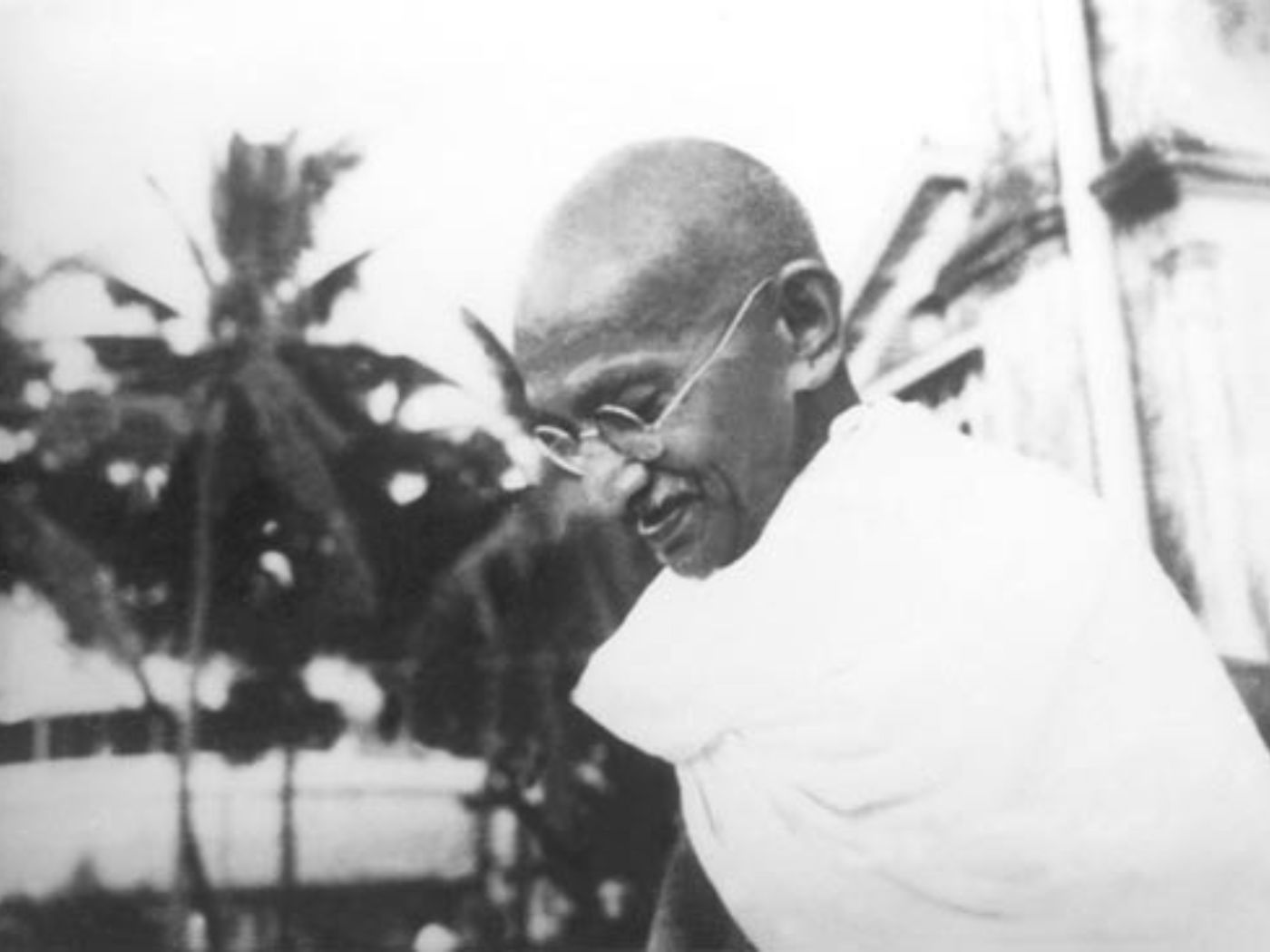
Other Celebrations
-
Apr 14 Mon
-
Oct 07 Tue
-
Nov 05 WedGuru Nanak Jayanti Holiday
-
Apr 24 Fri
-
Jun 08 Mon
-
Jun 15 Mon

Gandhi Jayanti - Next years
Friday, 02 October 2026
Saturday, 02 October 2027
Monday, 02 October 2028
